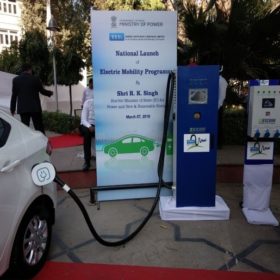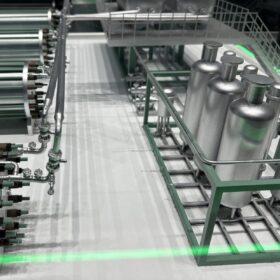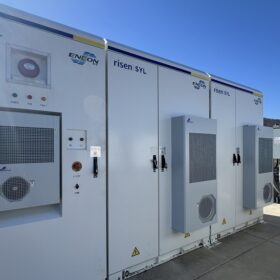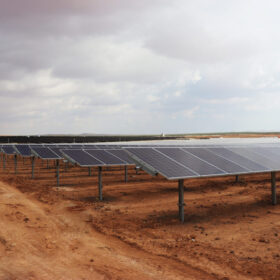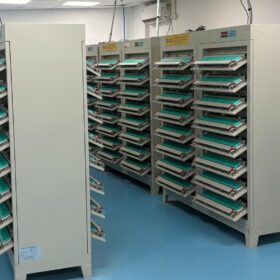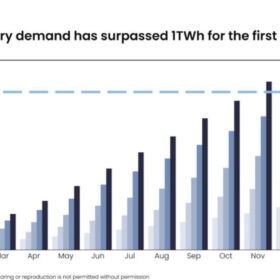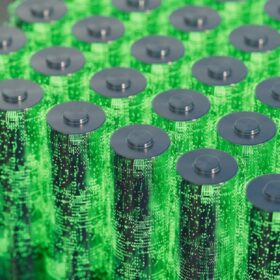Transforming global mobility through innovation and originality in critical power systems
As the electric vehicle (EV) ecosystem extends its footprint, maintaining reliability and efficiency is becoming one of the pressing concerns for industry stakeholders. To achieve this, strategic collaborations with the government and private sectors are being made in a bid to optimise energy distribution based on grid capacity and user demand.
Hydrogen energy: India’s path to a sustainable future
The widespread adoption of hydrogen energy has the potential to reduce India’s annual greenhouse gas emissions by 50 million tonnes by 2030. This transition will not only contribute significantly to global climate goals but also drive economic growth through job creation, increased energy security, and enhanced industrial competitiveness.
Batteries set to drive rapid solar growth
Chemical battery storage, led by lithium, has made such significant strides in terms of cost, capacity and technology that batteries are now positioned to accelerate our already exponential solar growth.
Pumping underground water in the desert with PV, wind
Scientists have designed a system that combines solar panels, wind turbines, and battery storage to operate water pumping systems in Jordan. They simulated it under several scenarios in search of the optimal size.
Waaree Energies approves investment in 300 MW electrolyzer, 3.5 GWh lithium-ion battery cell units
Waaree Energies’ board of directors has approved investment in setting up a 300 MW electrolyzer manufacturing plant and a 3.5 GWh Lithium-ion battery cell manufacturing plant.
The Hydrogen Stream: Ashoka Buildcon commits INR 9,000 crore investment in Bihar
Maharashtra-based construction engineering company Ashoka Buildcon has committed an investment of INR 9,000 crore in setting up a green hydrogen production plant in Bihar.
Neuron Energy ties up for two-wheeler battery production
Neuron Energy, an EV battery manufacturer in India, has partnered with a two-wheeler original equipment manufacturer (OEM) to establish a facility with a capacity to produce 3,000 battery packs monthly with a total energy output of 100 MWh. Over the next two years, the partnership aims to boost this capacity to 150 MWh through an investment of INR 150 crore.
Annual lithium-ion demand surpasses 1 TWh for first time
The big milestone comes on the back of a record month for electric vehicle sales and strong battery energy storage system (BESS) deployment. However, EV demand remains far behind BESS with the latter’s impressive growth reaching a year-on-year increase of 175% and cumulative 19.4 GWh deployed in November alone.
How microgrids with energy storage empower remote communities
Battery energy storage systems significantly improve the reliability of microgrid power supply, offering a dependable source of electricity for critical services like healthcare facilities and schools.
Antidumping investigation could more than double cost of U.S. EV battery, energy storage
Anti-dumping, countervailing duties on battery materials could have serious effects on the EV and energy storage markets, as the battery material and manufacturing markets in the U.S. are still in very early stages.
